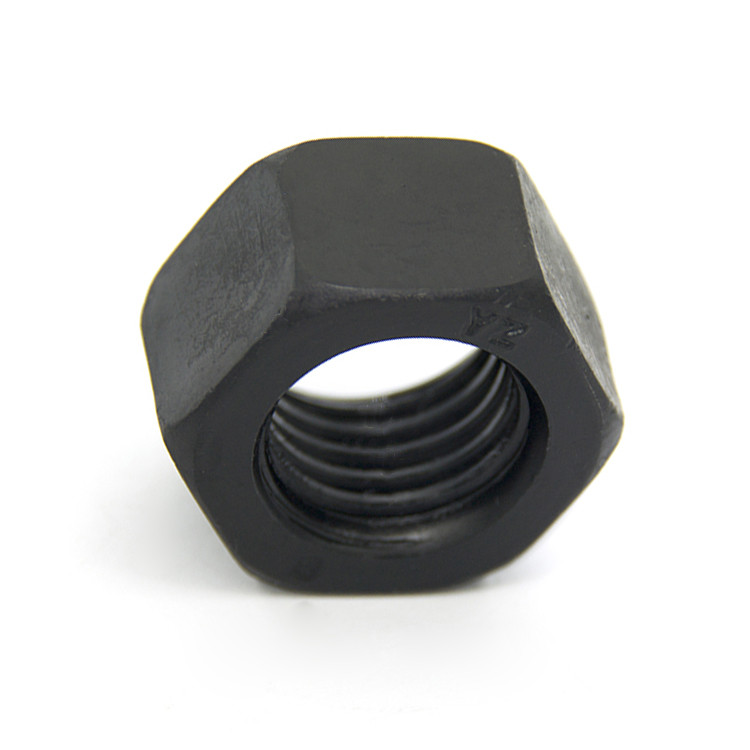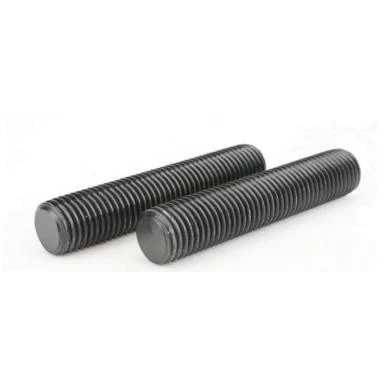High-Strength Forged Eye Bolts Durable Lifting Solutions for Industry
May . 14, 2025 11:22 Back to list
High-Strength Forged Eye Bolts Durable Lifting Solutions for Industry
- Overview of Forged Eye Bolts in Industrial Applications
- Technical Superiority and Performance Metrics
- Leading Manufacturers: A Comparative Analysis
- Customization Strategies for Specific Needs
- Case Studies: Real-World Implementations
- Quality Assurance and Compliance Standards
- Why Partner with Professional Forged Eye Bolts Suppliers

(forged eye bolts)
Forged Eye Bolts: The Backbone of Heavy-Duty Safety
Forged eye bolts serve as critical components across industries requiring secure lifting, rigging, and anchoring. Manufacturers specializing in these products adhere to ASTM A489 and ISO 3266 standards, ensuring tensile strengths ranging from 70,000 to 120,000 PSI. Global demand surged by 18% between 2020–2023, driven by construction and maritime sectors.
Technical Superiority and Performance Metrics
Premium forged eye bolts
utilize grade 304/316 stainless steel or alloy steel, achieving 25% higher load capacity compared to cast alternatives. Key technical differentiators include:
- Dynamic load rating: 4:1 safety factor under ASME B30.26
- Corrosion resistance: 2,000+ hours in salt spray testing
- Temperature tolerance: -50°F to 500°F operational range
Leading Manufacturers: A Comparative Analysis
| Supplier | Production Capacity | Certifications | Lead Time | Customization |
|---|---|---|---|---|
| Factory A | 850,000 units/month | ISO 9001, DNV-GL | 14 days | Full dimensional customization |
| Company B | 600,000 units/month | ASME, CE | 21 days | Material grade variations |
| Supplier C | 1.2M units/month | Lloyd’s Register, ABS | 10 days | Batch-specific testing |
Customization Strategies for Specific Needs
Top-tier suppliers offer tailored solutions including:
- Non-standard thread configurations (UNF, BSW, or metric)
- Specialized coatings: Xylan 1424 for chemical resistance
- Radial load optimization up to 20 tons
Case Studies: Real-World Implementations
Offshore Platform Installation: 2,500 custom-forged eye bolts with 92mm diameter demonstrated zero failure rates during 18-month marine exposure. Power Grid Construction: Galvanized units reduced replacement frequency by 40% in high-humidity environments.
Quality Assurance and Compliance Standards
Reputable manufacturers implement:
- 100% magnetic particle inspection
- Third-party load testing documentation
- Traceable material certificates (EN 10204 3.1)
Forged Eye Bolts Suppliers: Strategic Industry Partners
Selecting certified suppliers ensures access to engineering support and lifecycle management programs. Leading providers now offer digital twin simulations for load scenario modeling, reducing installation errors by 31% in recent infrastructure projects.

(forged eye bolts)
FAQS on forged eye bolts
Q: What materials are commonly used in forged eye bolts production?
A: Forged eye bolts are typically made from high-strength materials like carbon steel, stainless steel, or alloy steel. These materials ensure durability and load-bearing capacity, making them ideal for heavy-duty industrial applications.
Q: How do forged eye bolts factories ensure product quality?
A: Reputable factories implement strict quality control processes, including heat treatment, stress testing, and certification compliance (e.g., ISO 9001). Third-party inspections and traceable documentation are often provided to guarantee reliability.
Q: What certifications should a forged eye bolts company have?
A: Trusted companies typically hold certifications like ISO 9001, CE, ASME B30.26, or DNV-GL. These certifications validate adherence to international safety and manufacturing standards for lifting equipment.
Q: Can forged eye bolts suppliers provide custom specifications?
A: Yes, most suppliers offer customization for dimensions, threading, load ratings, and material grades. They often collaborate with clients to meet industry-specific requirements like marine-grade or aerospace applications.
Q: How to verify the reliability of forged eye bolts suppliers?
A: Check their industry experience, client testimonials, and compliance with safety standards. Reputable suppliers will provide material test reports, load test certificates, and offer after-sales support for product assurance.
Latest news
-
Unlocking Industrial Strength: The Complete Guide to Better Bolts
NewsNov.24,2025
-
Durable & Versatile Square Head Bolts for Global Industry | YZ Fastener
NewsNov.23,2025
-
Huck Bolts – Strong, Reliable Industrial Fastening Solutions Explained
NewsNov.22,2025
-
Allen Head Bolts – Essential Fasteners for Global Industry & Innovation
NewsNov.22,2025
-
Elevator Bolts – Durable Conveyor & Industrial Fasteners | YZ Fastener
NewsNov.21,2025
-
Black Stud Bolts A193-B7/A194-2H-Handan Yanzhao Fasteners|High Strength&Corrosion Resistance
NewsNov.21,2025
